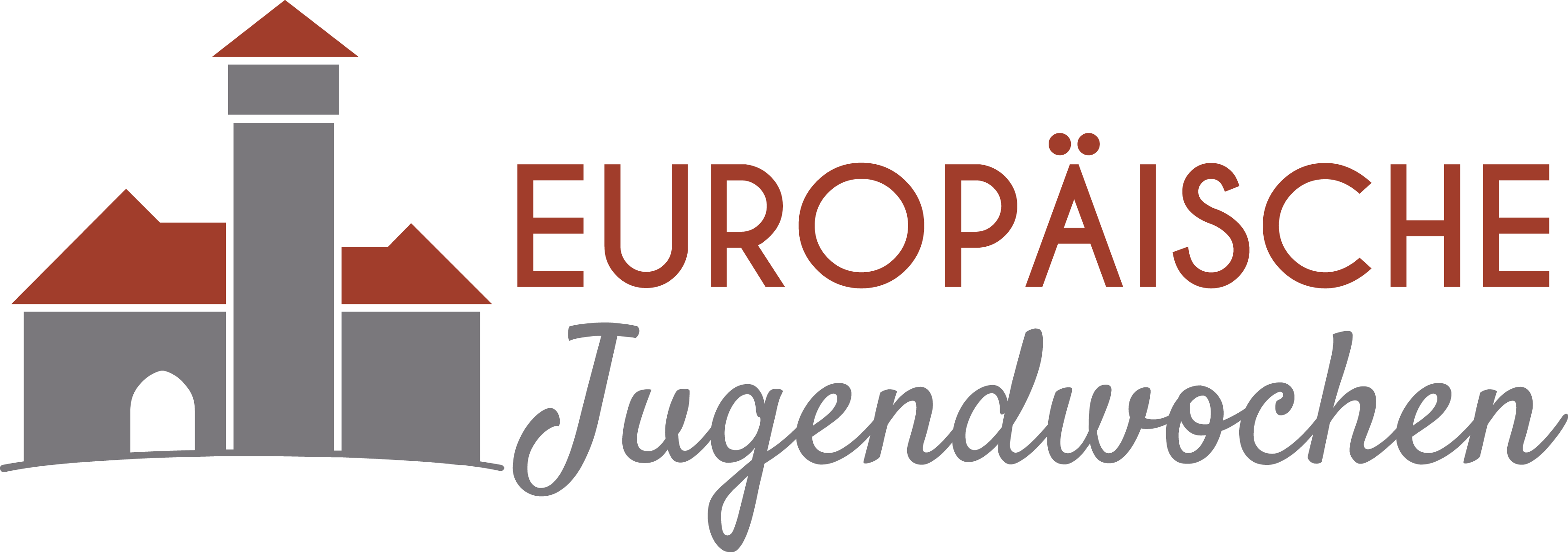The aim of the Eurowoche is to bring young people from Europe and the world together so that they can get to know each other and their culture. They should contribute to the understanding between peoples and cultures and finally to peace in the world. We believe that we have succeeded convincingly in the 59 Euro Weeks so far. Here is a summary of some facts about the EuroWeek since 1953:
Did you know,
– that since 1953 already 150 groups with about 13000 young people have visited the European Youth Weeks:
-> All participating Euro Week groups since 1953:
– that the usual annual rhythm of the Euro Weeks did not always work out: in the years 1975, 1977, 1981, 2011 and 2014, the Euro weeks had to be canceled due to financial shortages.
– that, since 1983 Easter markets and since 1985 Christmas markets have been used to finance the Euroworks.
– that the working group European Youth Weeks has since its founding with Michael (Onion) Göbel only his fourth 1. Chairman. Predecessors were the founder Hella Heynmöller, Hartmut Reiße and Norbert Gorldt (together with Maike Lenz-Scheele).
– that the members of the working group are not just from Germany. We have foreign members from Denmark, France, Latvia, Netherlands, Austria, Scotland, Macedonia and maybe soon from Finland, Estonia and … (?!)
– that some groups repeatedly found their way to the castle. More than twice as a guest were there (as of 2018):
- “Le Quadrille Occitan”, France (11x),
- “The Wayfarers Folk Dance Club”, England (9x),
- “Varkauden Tanhuujat”, Finland (9x),
- “Vizbulite”, Latvia (8x),
- “La Couqueto”, France (8x),
- “Oteks”, Macedonia (5x),
- “Hans-von-der-Au-Gruppe”, Germany (5x),
- “Edinburgh University New Scotland Country Dance Society”, Scotland (4x),
- “Fröhlicher Kreis”, Germany (4x),
- “Donauschwäbisches Volkstanzensemble”, Hungary (4x),
- “Slowianki”, Poland (4x),
- “Kaszubskie Nuty”, Poland (3x),
- “Lou Ramelet Moundi”, France (3x),
- “Krupizkije Musyki”, Belarus (3x),
- “Naturfreunde Fürstenhagen”, Germany, (3x)
- and of course the club’s own group “Die Ludwigsteiner” (20x)
– that from almost all European countries (and some non-European) groups were guests at the castle (as of 2018):
- France (35x),
- Poland (20x),
- England (14x),
- Czech Republic (+ former Czechoslovakia 14x),
- Hungary (13x),
- Austria (13x),
- Finland (12x),
- Belgium (12x),
- (former) Yugoslavia (11x),
- Sweden (10x),
- Latvia (9x),
- Spain (9x),
- Portugal (7x),
- Greece (6x),
- Netherlands (6x),
- Macedonia, Bulgaria, Denmark and Belarus (5x each),
- Italy, Romania and Scotland (4x each),
- Ukraine (3x),
- Turkey, Georgia, Slovakia, Croatia, Serbia, Israel, Ireland and Norway (2x each),
- Russia, Nepal, Switzerland and Latin America (each 1x)
- and Germany (62x)
Of the 28 EU countries, only Iceland, Lithuania, Slovenia, Luxembourg, Malta and Cyprus are missing.
